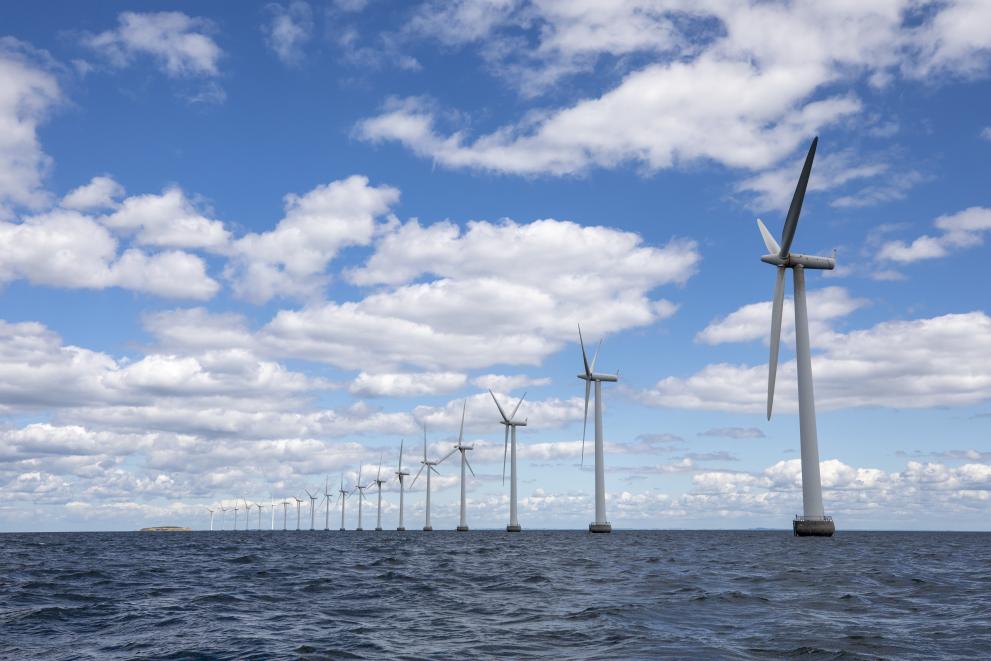
What is the impact of State aid by a single Member State on the integrity of the Single Market? Different support schemes and fiscal capacities of EU countries could compromise fair competition. At the same time, developments in the last years would justify supporting specific clean tech industries in the EU.
The higher energy prices that followed Russia’s unprovoked invasion of Ukraine, as well as disrupted supply chains for raw materials and other commodities, required a coordinated response of Member States and EU institutions to mitigate the negative repercussions. Also, the risk of reduced EU competitiveness due to China and US’s heavy subsidies in net-zero technologies may prompt individual EU countries to support their industries, too.
The Net-Zero Industry Act, an EU law applicable as of 29 June 2024, was designed to stimulate investments and industrial capacities for 19 categories of clean technologies to help achieve EU’s climate neutrality goals.
The Joint Research Centre (JRC) has evaluated the potential impact of State aid supporting net-zero industries in two hypothetical scenarios: one in which subsidies are introduced individually by Germany, Italy and France, and one in which the three Member States act simultaneously.
The analysis revealed that simultaneous State aid to support net-zero-related industries by multiple Member States results in higher positive economic impact at both the EU and country levels over a ten-year period, compared to individual actions by a single Member State. Under the simultaneous scenario, a total amount of €18.2 billion of State aid is granted to the selected net-zero industries in the three countries, bringing the total economic impact in the EU to €33.8 billion after 10 years.
Given that in a globalised economy, the effects of the policy extend beyond the boundaries of the subsidising countries, the total impact of State aid would be distributed between EU and non-EU countries. The analysis shows the benefit for the EU would be triple as compared to the impact in the rest of the world (€11.0 billion).
According to the model, Member States granting aid to net-zero technologies have extra gains that range from 0.7% in Italy to 1.6% in France, under a joint action. Moreover, simultaneous State aid would contribute to strengthen the Single Market through its larger indirect positive impacts (spillovers) on the rest of the EU, in particular in non-subsidised industries (1.3% vs. 1.1% in the rest of the world) and hence reinforcing the EU's value chain and EU’s strategic autonomy.
Simultaneous action also reduces the risk of fragmentation of the Single Market in the subsidised green industries, where the extra gains of joint action are more significant for the rest of the EU (1.2%) than the EU as a whole (0.5%).
In a hypothetical scenario where all 27 EU countries would introduce State aid simultaneously, it would be expected that the high integration of EU countries’ economies in the Single Market would generate more significant intra-EU spillovers, in line with the analysis performed for the three EU countries, and would improve EU’s open strategic position in critical manufacturing industries for the green transition.
The analysis was done using the economic model FIDELIO. This model serves to assess how the economy reacts to industrial policy measures – such as taxes, subsidies or free trade agreements – and how economic impacts propagate globally and across industries through inter-industry links. FIDELIO covers 45 countries (EU 27 Member States, its main trading partners – e.g. G20, and an aggregate region of the rest of the world), and 64 industries (NACE – EU classification of economic activities).
The model is based on official statistics from the Eurostat’s FIGARO global input-output tables, National Accounts, Institutional Sector Accounts and OECD data. It is also well suited to analyse global value chains and strategic dependences, accounting correctly for direct and indirect effects within the country and the global economy.
Related links
Green transition, single market and EU’s open strategic autonomy: the impact of State aid
The Net-Zero Industry Act: Accelerating the transition to climate neutrality
Details
- Publication date
- 13 August 2024
- Author
- Joint Research Centre
- JRC portfolios




